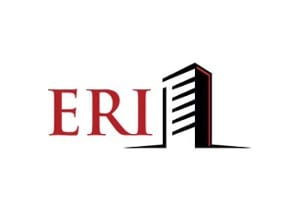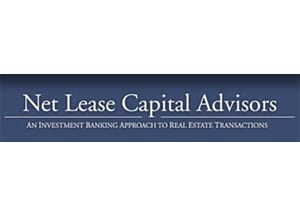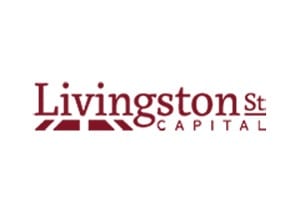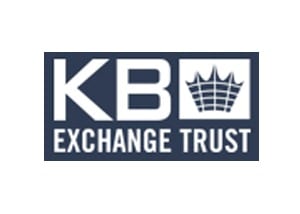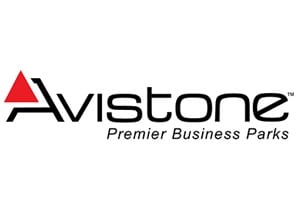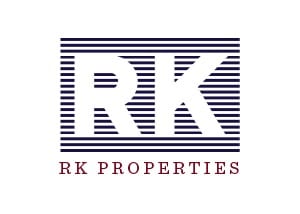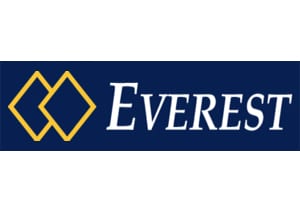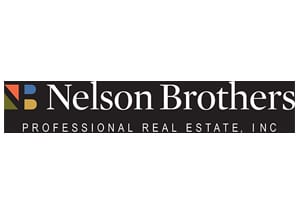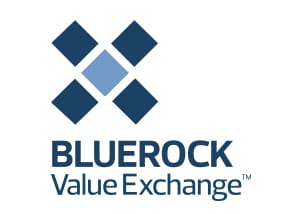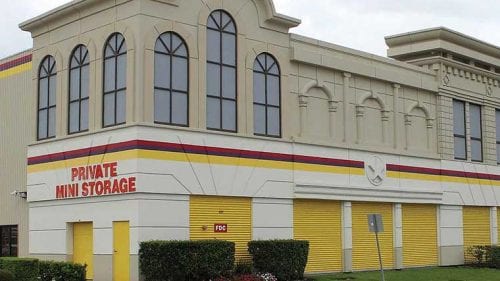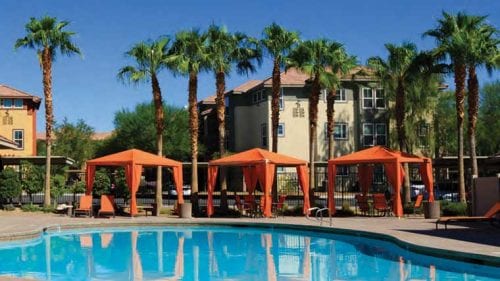-

 Want to Retire from
Want to Retire from
Renters, Repairs and Ruckus?We are a one-stop solution for 1031 exchange
investors to pool money and buy a beneficial interest in a larger,
higher-quality investment property than previously possible.Read More -

 COVID-19 & 1031 ExchangeStuck at Home during your 45 day identification period?
COVID-19 & 1031 ExchangeStuck at Home during your 45 day identification period?
Can't visit your replacement properties?
Unable to close? Satisfy your 1031 exchange with a pre-packaged DST!Read More -

 45 Day Worries?
45 Day Worries?
Close 1031 property in 3 Days.Delaware Statutory Trusts (“DSTs”)
are pre-packaged and can be closed digitally;
guaranteed 1031 investment in a replacement
property rather than taxed for capital gains.Read More
-

 Want to Retire from
Want to Retire from
Renters, Repairs and Ruckus?We are a one-stop solution for
1031 exchange investors to pool money
and buy a beneficial interest in a larger,
higher-quality investment property
than previously possible.Read More -

 COVID-19 & 1031 ExchangeStuck at Home during your
COVID-19 & 1031 ExchangeStuck at Home during your
45 day identification period?
Can't visit your replacement properties?
Unable to close? Satisfy your
1031 exchange with a pre-packaged DST!Read More -

 45 Day Worries?
45 Day Worries?
Close 1031 property in 3 Days.Delaware Statutory Trusts (“DSTs”)
are pre-packaged and can be closed digitally;
guaranteed 1031 investment in a replacement
property rather than taxed for capital gains.Read More
CONNECT WITH A 1031 EXCHANGE ADVISOR
We take responsibility of connecting our investors to the best available 1031 Exchange advisors across United States.
The Advisor will share the 1031 Exchange Property List with you after analysing your situation.
Fill the form now and one of our 1031 Exchange advisors will connect with you shortly.
GET CONNECTED TO 1031 ADVISOR
GET CONNECTED TO 1031 ADVISOR
CONNECT WITH A 1031 EXCHANGE ADVISOR
We take responsibility of connecting our investors to the best 1031 Exchange experts. Sign up now and one of our 1031 Exchange advisors will connect with you shortly.
Our Advisor will share the 1031 Exchange Property List with you after analysing your situation.
Questions? Call 888-395-0046
A 1031 exchange sponsor is an individual or company whose role is finding, underwriting, financing and acquiring investment real estate for a group of individual 1031 investors. The sponsor typically manages the property on behalf of the investor group during the investment hold period, and sells the property at the end of the period. Sponsors that focus on 1031 exchange Delaware Statutory Trust (DST) investments will create the DST legal entity that will own the property, become the “Master Tenant” of the property (sub-leasing to the actual physical property tenants), and act as the DST signatory trustee. We have compiled a list of 1031 exchange sponsors across United States so you can learn more about each of them.
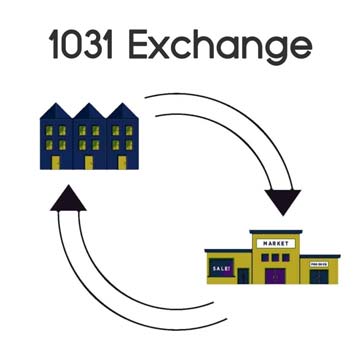
In 2004, the IRS issued Revenue Ruling 2004-86, creating the DST investment structure. A DST is a separate legal entity which is created as a trust under Delaware statutory law, and enables a flexible approach to the ownership and operation of investment real estate. A group of investors can each individually purchase what is known as a “beneficial membership interest” in a DST, and that ownership is equivalent to real estate ownership for 1031 exchange and other tax purposes.
Individual DSTs are typically created by sponsor firms for the purchase of a single property, though some firms can bundle a portfolio of properties into a single DST. 1031 exchange investors can purchase an interest in one or more DSTs to satisfy their 1031 exchange requirements, giving them an option to go beyond traditional, sole-owned investment real estate. As with all real estate, there are many advantages (and disadvantages) to DST owned properties.

We have compiled a large, detailed list of 1031 exchange DST investments from top sponsors over the past few years for your review. These past DST offerings are very similar to current offerings. As per SEC regulations, we cannot advertise current DST offerings to the general public. Contact us for a current 1031 DST property list.

The U.S. Treasury adopted regulations in 1991 which govern Section 1031 “like-kind” Exchanges. An exchange must be facilitated by an independent third-party according to the US Treasury Regulation 1031(k)-1(g)(4)(iii). A Qualified Intermediary (“QI”) is required to handle the mandatory mechanics of a 1031 exchange for investors, and will hold the funds involved in a 1031 exchange during the period between the sale of the relinquished property, and the purchase of the replacement property or DST.
Since it became required, many thousands of investors have completed 1031 exchanges with the assistance of a professional QI, also known as a “QI” Qualified Intermediary, or a “Facilitator”, or an “Accommodator”.
A Triple Net, or “NNN” lease is a special type of lease between a property owner and a tenant. NNN stands for “net, net, net”. In addition to the rental lease payments owed, the NNN tenant is responsible for the net property taxes, net insurance costs, and net of some building and maintenance expenses for the property they lease. Generally, these tenants lease anything from retail, to office, to fast food, to industrial properties.
Some investors prefer NNN leased properties because they do not have to deal with traditional property management issues and responsibilities. And, some tenants prefer them because they can lock in generally lower rents for a longer term than a traditional lease, often 10, 15, or 25+ years.
As with all real estate, there are numerous advantages and disadvantages to NNN leased properties.







